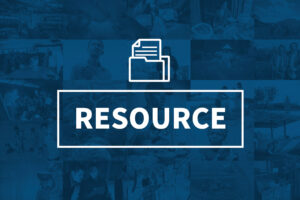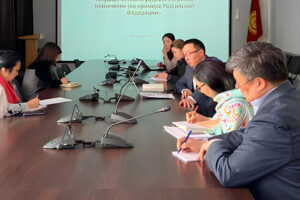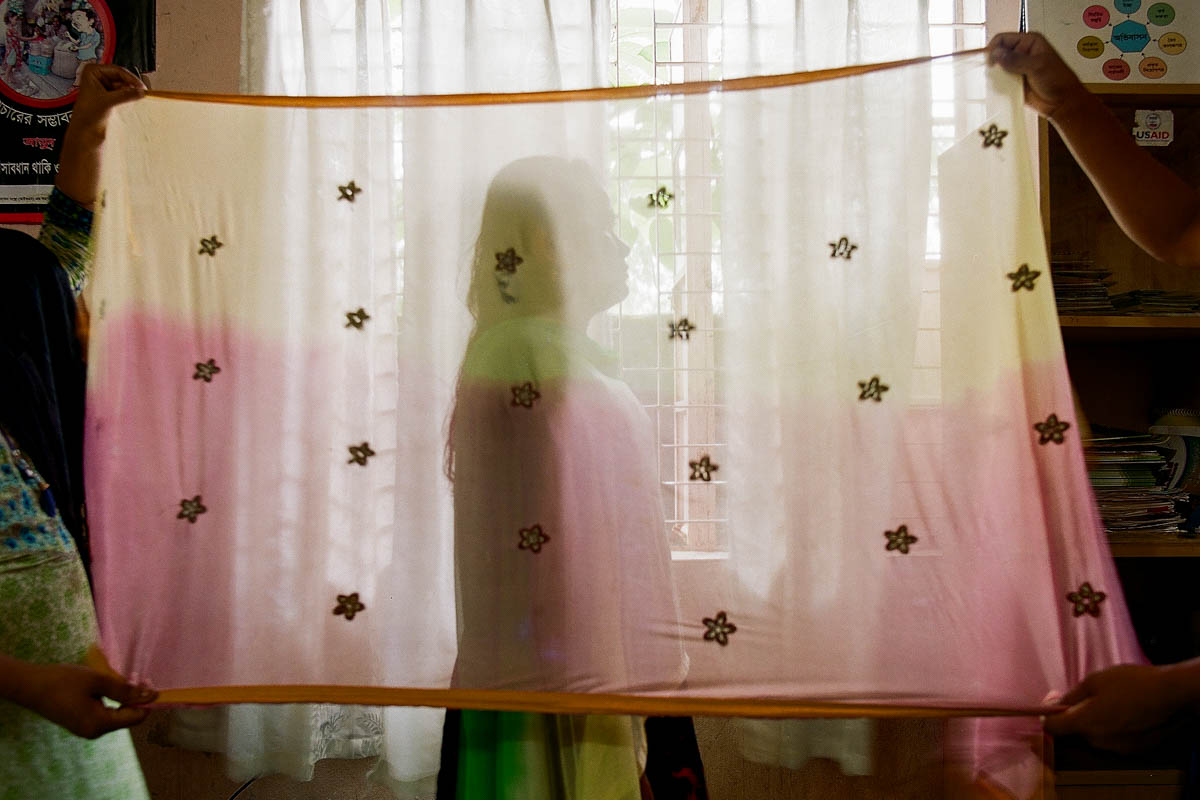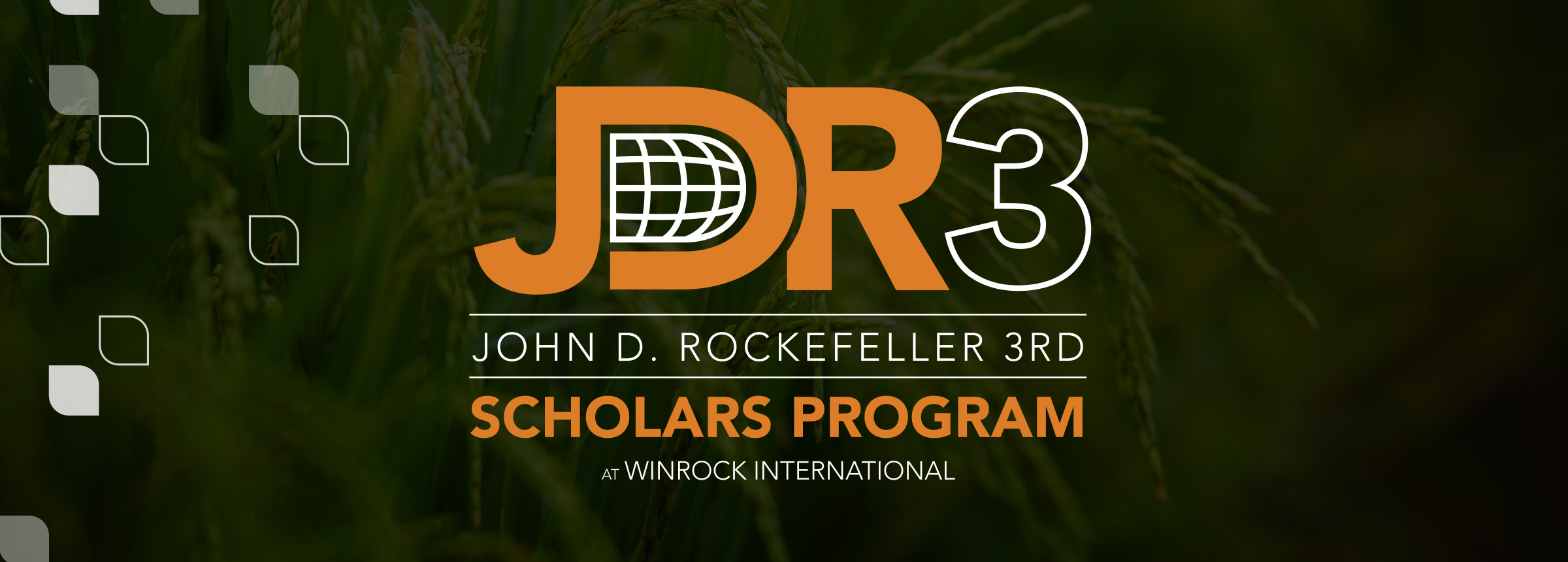
Project
John D. Rockefeller 3rd Scholars Program
Winrock International created the John D. Rockefeller 3RD Scholars Program (JDR3) in 2004 to continue the Rockefeller family’s longstanding commitment to building the capacity and leadership skills of scholars in emerging countries. The program promotes independent social science research and strengthens analytical skills of young professionals, primarily in Asia. Research themes focus on development challenges facing disadvantaged groups, including women, youth, ethnic minorities and low-income groups.
Why JDR3?
USAID and other donors have increasingly noted the importance of linking research and evidence-based practices to development programs to improve efficiency and effectiveness. To do this, it is imperative that donors and implementers alike address the barriers to generating high-quality social science data. The JDR3 Program uses a participatory, locally-led approach to build the evidence base for project interventions through original social science research that informs programmatic and policy decisions. Research generated under JDR3 helps establish the routine use of evidence in development planning, programming and policy.
How Does JDR3 Strengthen Local Research Skills?
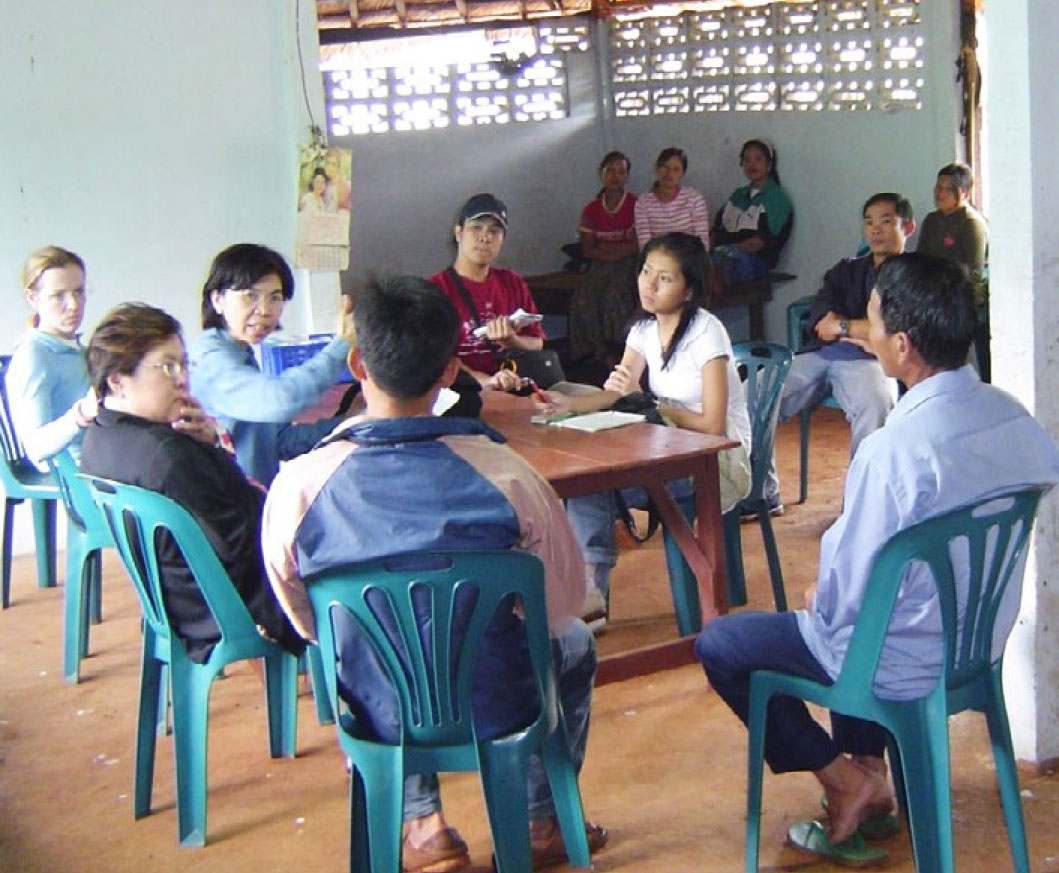
Applied research grants target local, mid-career researchers and professionals who have few outside opportunities for funding. JDR3 staff and local experts provide mentoring during the grant competition process to strengthen the analysis and synthesis skills of the researchers. Local experts representing academia, government, donors and the private sector serve on judging committees tailored to each team’s needs, providing quality control and assistance, with outreach to policymakers. JDR3 staff train teams on using research results to inform policy, enabling researchers to advise key decision-makers on policy and practice.
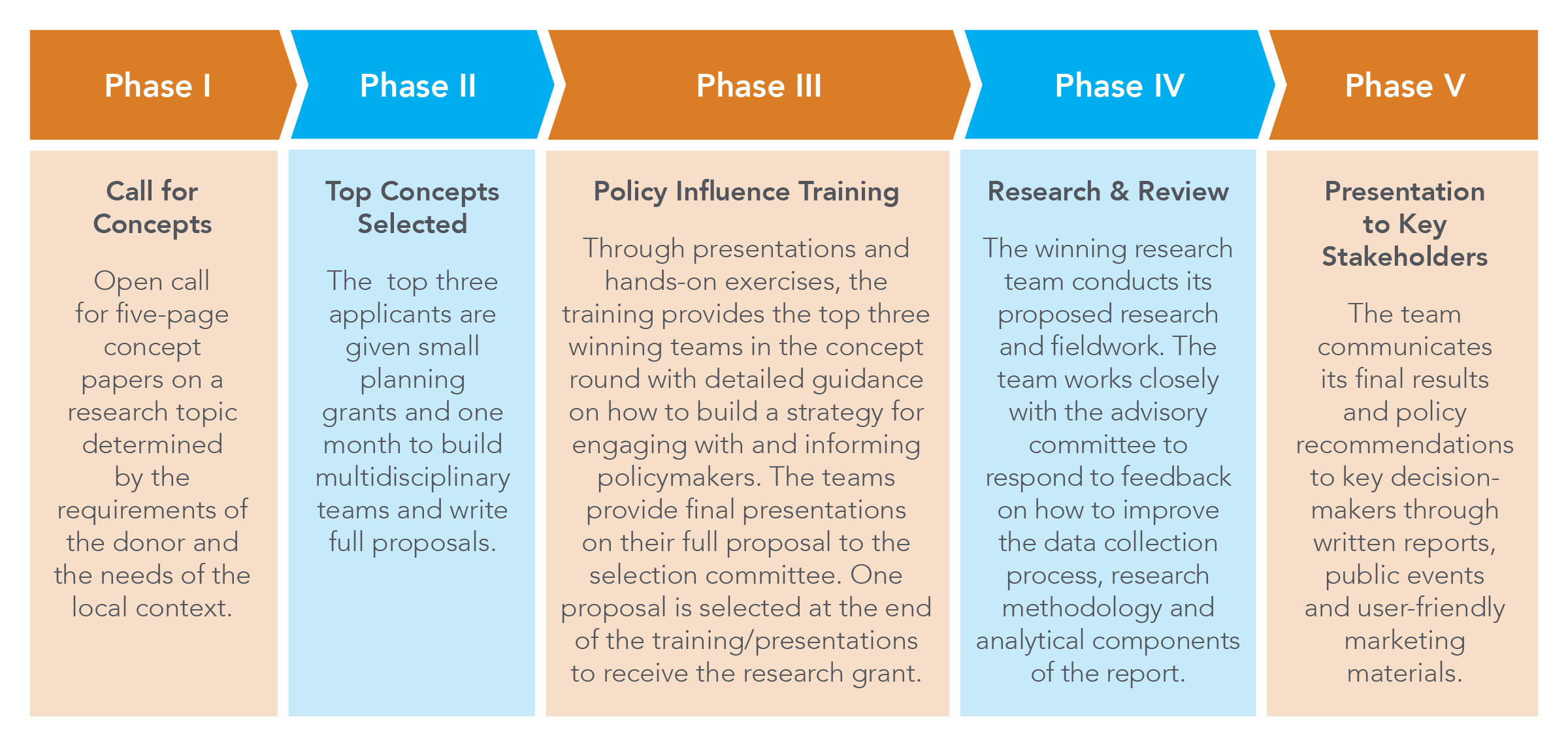
How Does JDR3 Improve Policies and Practices in Emerging Countries?
Highlights of JDR3 research team accomplishments include the following:
- Bangladesh and Malaysia – Concealed Perils of Migration (2020-2021)
This research investigates and develops policy recommendations on the hidden costs of migration incurred by laborers as they move from Bangladesh to Malaysia, and barriers to improving migrant protections through the Asia Counter Trafficking in Persons (CTIP) project. This JDR3 project is the first known research to examine cross-border, bilateral agreements on migration. As a result of the research findings, the research grant recipients made policy recommendations to the Malaysian Ministry of Human Resources and the Malaysian Ministry of Home Affairs. - Nepal – Generating Evidence to Inform Interventions to Combat Trafficking in Persons (2017-2022)
This project engages three research teams to explore three topics: 1) barriers to Trafficking in Persons (TIP) survivors’ access to justice in Nepal and host countries; 2) vulnerability and TIP in Nepal’s foreign employment sector; and 3) practices and approaches to reintegrate TIP survivors in Nepal. The Hamro Samman project, government agencies, and other CTIP stakeholders in Nepal will use this research to strengthen the legislative and policy framework to reduce the prevalence of TIP in 10 districts in Nepal. - Vietnam and Thailand – Payments for Environmental Services to Benefit the Rural Poor (2006-2009)
In Vietnam, the JDR3 team conducted a willingness-to-pay survey for 600 Ho Chi Minh City residents. Over 90% of respondents expressed willingness to pay an average of 5% or more in increased water fees to protect local forest watersheds. These results led to creation of a 2010 law mandating Payment for Forest Environmental Services (PFES), a forest-driven approach to conserve watersheds. This groundbreaking law led to additional protection for the environment, including the transfer of $723 million in funds for environmental services, including watershed protection, between 2011-2020. Additionally, 45 provinces are now participating in the PFES; 540,000 households are benefiting annually from PFES; 6.6 million hectares of forest have been protected (through 2020); 27 provinces are now making electronic payments to forest owners; and three provinces are piloting data collection and entry in a national PFES monitoring and evaluation system.
Watch this video, which celebrates the legacy of the Agricultural Development Council, one of Winrock’s founding organizations, and of the JDR III Scholars program, which continues that legacy.

